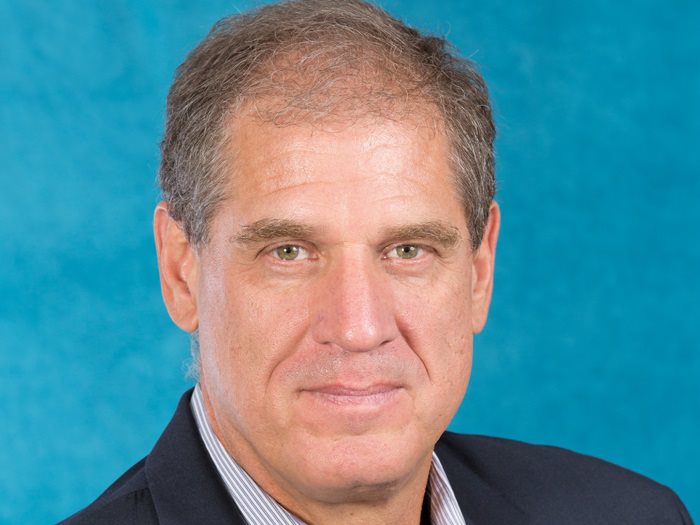Legal Roundup: Wells Fargo Still Paying Amends, One Health Insurance Faces Scrutiny and More

Wells Fargo To Pay $385 Million in Latest Phony Account Lawsuit
The Case: Wells Fargo was sued for allegedly signing up millions of people for costly car insurance without their consent.
The Charlotte Business Journal explained: “The lawsuit, initially filed in a California federal court in 2017, alleged that Wells Fargo purchased collateral protection insurance from National General Insurance Co. and then placed that insurance on borrowers’ accounts.
“Wells Fargo charged interest each month on the insurance premium before applying payments to a customer’s principal balance. That ensured the bank’s CPI charges were covered first, according to the lawsuit.”
Scorecard: Wells Fargo agreed to pay $385 million to settle the lawsuit. The Charlotte Business Journal explained that “the dates in question span from Oct. 15, 2005, to Sept. 30, 2016. Affected parties include Wells Fargo Dealer Services customers with a CPI policy placed on their account during that time frame, as well as Wells Fargo Auto Finance customers with a CPI policy that went into effect between Feb. 2, 2006, and Sept. 1, 2011.”
Takeaway: This is just the latest lawsuit in the fallout from the Wells Fargo phony-account scandal, during which the bank created millions of accounts without policyholders’ knowledge.
The bank previously agreed to pay $575 million for improper retail sales, $65 million related to cross-selling practices in New York, and $480 million to people who purchased stock between 2014 and 2016.
Noah’s Ark Replica Sues Insurers Over … Rain Damage
The case: In the bible, Noah’s Ark was able to handle one of the worst floods of all time.
In real life, the team behind a replica of Noah’s Ark in Kentucky is suing its insurers after being denied coverage for rain damage.
The Louisville Courier Journal explained: “Ark Encounter, which unveiled the 510-foot-long model in 2016, says that heavy rains in 2017 and 2018 caused a landslide on its access road, and its five insurance carriers refused to cover nearly $1 million in damages.”
Scorecard: It’s too early to tell how this case will turn out.
Takeaway: No matter how well you build a structure, unexpected problems can happen. Finding the right coverage for those problems is essential.
Class Action Targets Skimpy Health Insurance Plans
The Case: Thousands allege in a new class-action lawsuit that they were misled into buying health insurance they thought complied with the Affordable Care Act but in actuality was virtually worthless.
The Tampa Bay Times explained that insurers developed limited liability indemnity plans and paid millions to South Florida’s Simple Health.
“The alleged scheme ‘defrauded that vulnerable group of Americans who do not have comprehensive medical insurance,’ the complaint says.
“Consumers were told, through a uniform script read to them by Simple Health’s sales agents, a set of lies and omissions that included, among other falsehoods, the misrepresentation that they were purchasing a (comprehensive plan) from a reputable, ‘A-rated’ insurance carrier. In truth, consumers received virtually worthless limited indemnity plans and medical discount plans.’ ”
Scorecard: It’s too early to tell the outcome of the case as the complaint was just recently filed. Still, the publicity from the case could sway consumers away from Simple Health.
Takeaway: The Tampa Bay Times said the case could be attributed to the fight over Obamacare.
“The 2010 Affordable Care Act, often called Obamacare after the president who backed it, required almost everyone to be covered by health insurance that provides minimum essential coverage — emergency services, hospitalization etc. — or face a tax penalty. The Trump administration, which opposes the act, has relaxed rules to allow for cheaper policies that critics claims are not real insurance.”









